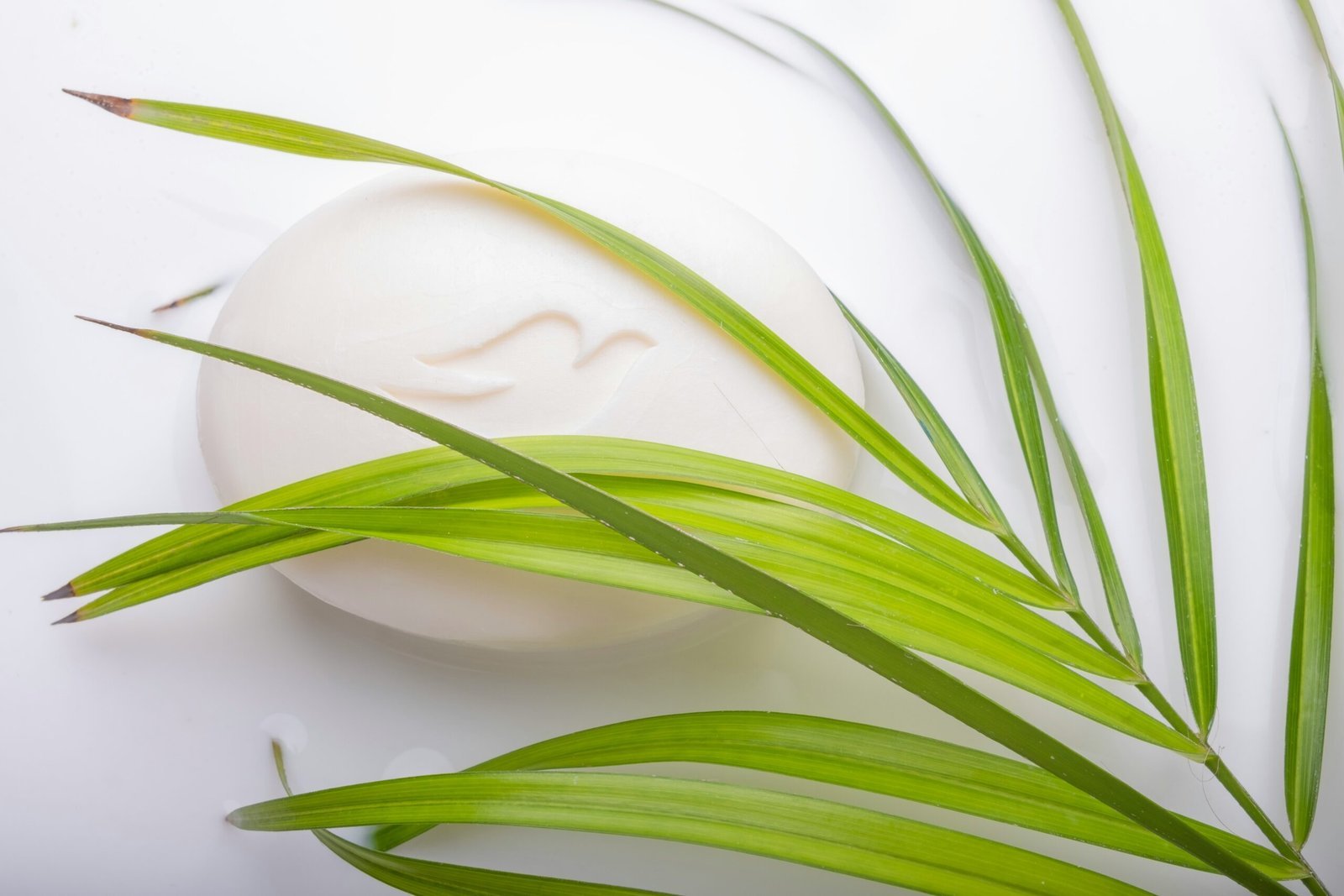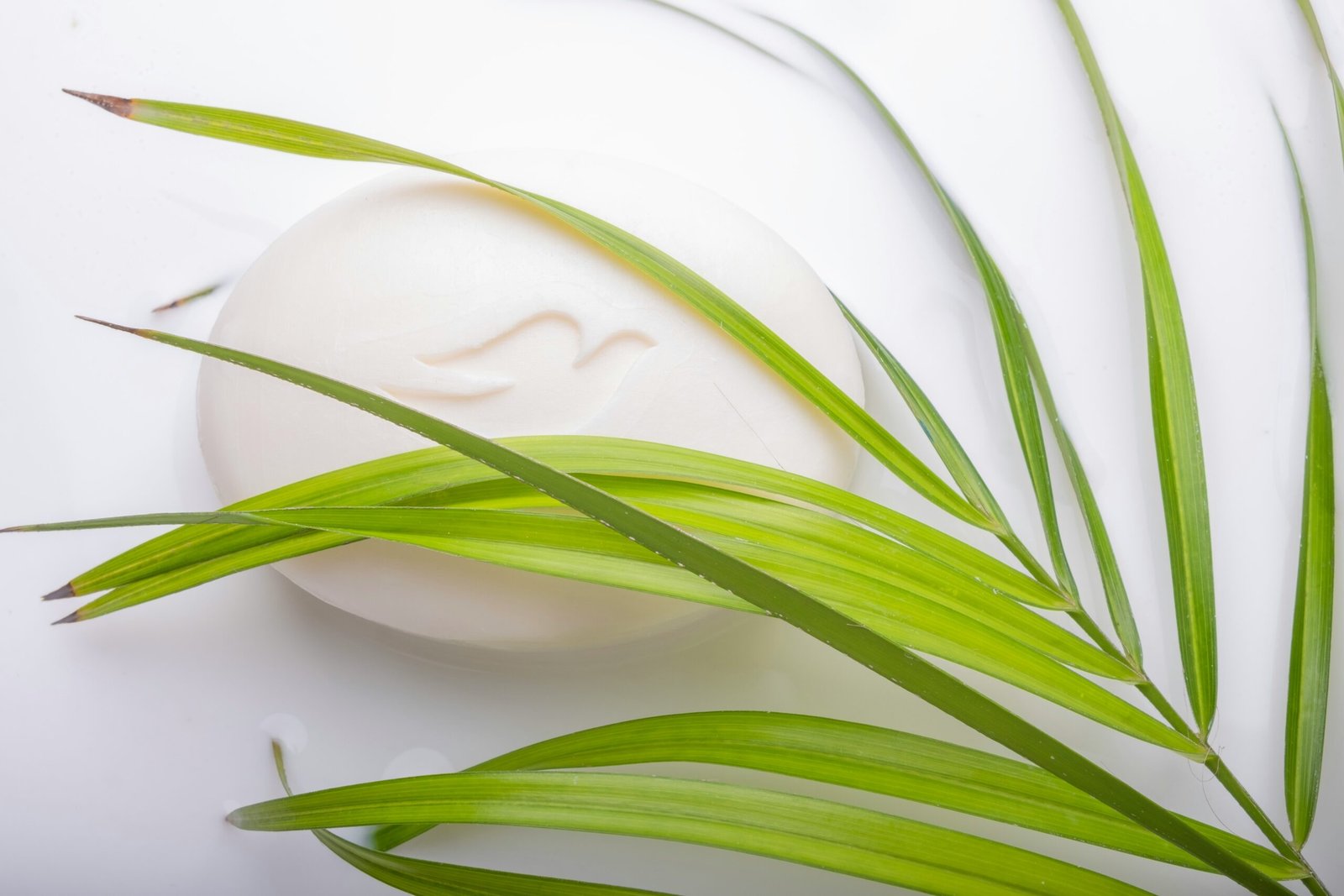
Understanding the Effects of Summer Heat on Skin
During summer heatwaves, the skin is subjected to a range of environmental stressors that can significantly deplete its moisture levels. The primary culprits are UV rays, increased perspiration, and high temperatures, all of which play a critical role in accelerating the loss of hydration from the skin.
UV rays penetrate the skin and cause damage at a cellular level, leading to the breakdown of collagen and elastin fibers. This not only results in premature aging but also disrupts the skin’s natural barrier, making it less effective at retaining moisture. Prolonged exposure to the sun without adequate protection can exacerbate this effect, leaving the skin dry, flaky, and more susceptible to irritation.
High temperatures and increased perspiration further contribute to moisture loss. When the body perspires, it releases water and essential electrolytes to regulate temperature. This natural cooling mechanism, while crucial for overall body function, can strip the skin of its natural oils and hydration, leading to a condition known as transepidermal water loss (TEWL). TEWL occurs when water passes from the dermis through the epidermis and evaporates from the skin’s surface, resulting in dehydration.
The common signs of dehydrated skin include dryness, flakiness, and increased sensitivity. Dehydrated skin may appear dull and feel tight, with fine lines becoming more pronounced. In severe cases, it can lead to inflammation and compromised skin barrier function, making the skin more prone to infections and environmental damage.
Maintaining skin moisture is essential for overall skin health and appearance. Hydrated skin is more resilient, has a better texture, and maintains its elasticity, thus preventing premature aging. Furthermore, well-moisturized skin is less likely to experience irritation or sensitivity, ensuring that it remains healthy and vibrant even during the harshest summer conditions.
Effective Strategies to Retain Skin Moisture
Maintaining skin hydration during summer heatwaves requires a multifaceted approach. One of the most effective strategies is to incorporate hydrating skincare products into your daily regimen. Opt for moisturizers that contain hyaluronic acid and ceramides. Hyaluronic acid is known for its ability to hold up to 1,000 times its weight in water, making it an excellent ingredient for keeping skin plump and hydrated. Ceramides, on the other hand, help to reinforce the skin’s natural barrier, preventing moisture loss.
Hydration from within is equally important. Drinking ample amounts of water is essential to keep your skin hydrated. Aim for at least eight glasses a day, but adjust according to your activity level and the heat intensity. Additionally, a balanced diet rich in water-dense foods such as cucumbers, watermelon, and oranges can significantly contribute to your overall hydration levels.
Protective measures are crucial when it comes to retaining skin moisture. Always apply a broad-spectrum sunscreen with an SPF of at least 30 before heading outdoors. Sunscreen not only protects against harmful UV rays but also helps to prevent moisture loss caused by sunburn. Wearing protective clothing such as wide-brimmed hats and long sleeves, and seeking shade during peak sun hours, usually between 10 AM and 4 PM, can also mitigate the risk of dehydration.
Adapting your lifestyle habits can further enhance your skin’s moisture retention. Taking cooler showers instead of hot ones can prevent the stripping of natural oils from your skin. Using a humidifier at home can add moisture to the air, particularly in air-conditioned environments that tend to be dry. These small adjustments can make a significant difference in maintaining skin hydration during hot weather.
By integrating these practical tips and strategies, you can effectively retain skin moisture and keep your skin healthy and hydrated during summer heatwaves.

